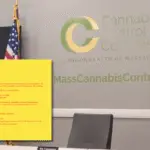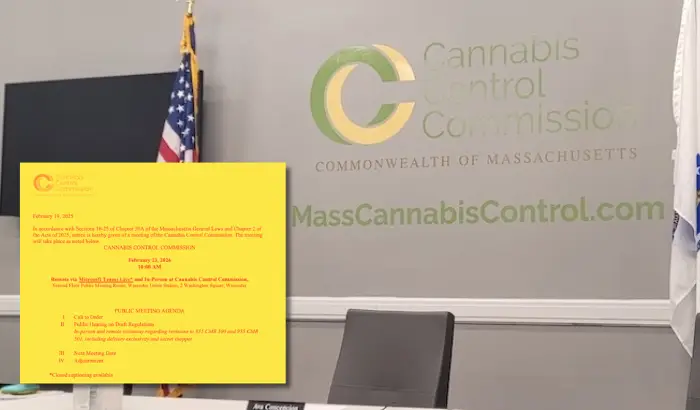
“The study is launching at a time of crisis and need for innovations to address the growing opioid epidemic and its intersection with a growing homelessness crisis in Massachusetts.”
We are still processing the recent Cannabis Science Fair at the Harvard Science Center. Hosted by MCR Labs, the event featured popups and lectures on some of the most important bedrock issues facing the cannabis industry and consumers today. In one talk, MCR VP of Marketing and Technology Yasha Kahn presented findings from his comprehensive look at potency data manipulation, while Dr. Marion McNabb of the Cannabis Center of Excellence presented research into “cannabis as an alternative to substance and drug use.”
Respondents for the study “included those who are canna-curious or those who consume recreational or medical cannabis who are currently or have in the past used cannabis to reduce the use of: alcohol, tobacco, unwanted prescription medications, over the counter medications, opioids, or recreational drugs.” “From August 15 to Nov 23, 2023, 586 people responded to the survey with 76% using cannabis as an alternative therapy or treatment of health conditions/symptoms.” Other findings include:
- Respondents reported cannabis helps/helped them reduce: 79% prescription drugs, 62% tobacco, 58% alcohol, and 54% opioids.
- Out of all respondents, 53% self-identified as having been diagnosed with opioid use disorder and among those actively reducing opioid use, 37% reported reducing fentanyl, 35% codeine, 26% morphine, 26% Vicodin, 22% heroin, 22% hydrocodone.
- Respondents also reported using cannabis to reduce: 27% caffeine, 26% cocaine, 20% crack cocaine, 19% DMT, 17% LSD, 15% Kratom, and 3% Xylazine.
- Of all respondents, 41% reported being currently homeless or were homeless in the past, 21% reported being an active service member, and 28% reported as veterans.
“The study is launching at a time of crisis and need for innovations to address the growing opioid epidemic and its intersection with a growing homelessness crisis in Massachusetts,” the CCOE wrote in a statement about the results. “In 2022, according to the MA Department of Public Health, opioid-related overdose deaths rose 2.5%, with a total of 2,357 deaths. Among non-hispanic Black residents, the overdose death rate increased by 42%, accounting for the largest increase. Fentanyl was present at a rate of 93% of fatal opioid overdoses in 2022 where a toxicology report was available. 47% of all opioid-related overdose deaths were of people between 25 and 44 years old; 43% were between 45 and 64 years old.”
In addition to Dr. McNabb, who served as the principal investigator, the iCount: Cannabis as an Alternative Research Study investigators include co-investigators Peter Grinspoon, MD MGH/Harvard and Eva Rachel Tine, MSW.























